In October 2022, the County Judges and Commissioners Association of Texas will conduct its 100th Annual State Conference. Texas County Judges and Commissioners, known for their servant leadership, have joined together for a century to not only educate themselves as required by law, but to also learn and grow from one another’s experiences.
As the Official Publication of the County Judges and Commissioners Association of Texas, County Progress has been privileged to record the history of hundreds of regional and state meetings along with county news from across the Lone Star State.
For the next year, we will celebrate a Century of Service with glimpses into each decade. This month, we take a glance back at the 1970s!
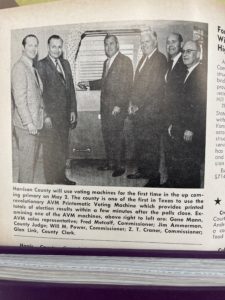
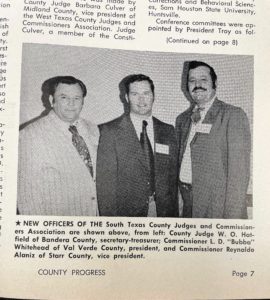
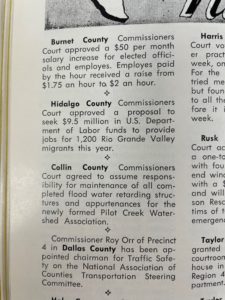
By-Laws of the County Judges And Commissioners Association Of Texas
No. 1
This Association shall not endorse or recommend any candidate for political office, nor shall politics or political candidates be discussed on the floor of any of its meetings.
No. 2
No officer or member of this Association shall use the Association as a means for furthering any personal, political or other aspiration for himself or any other person, and the Association as a whole shall not take part in any movement which is not in keeping with the purposes of this Association.
Editor’s Note: The CJCAT Constitution and its 10 By-Laws are available at https://countyprogress.com/cjcat/.
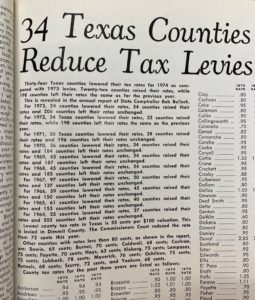
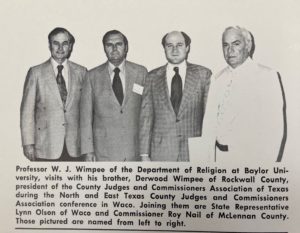
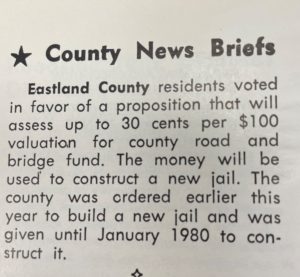
Article Excerpt from October 1973 Issue of County Progress
County Government is Still a Bargain, Specialist Declares
By Charles E. Lawrence
County Officials Program Specialist, Texas Agricultural Extension Service
“Although they are more limited in authority by statute than municipalities, counties have had an excellent track record in rendering high quality service at a very modest cost. The fact that county leadership is collective rather than singular does not seem to impair its effectiveness in responding to public need. On the whole, office holders whose tenure depends upon the direct action of the voters tend to be much more sensitive to public demands than are non-elective public servants. With more than 5,000 Texans holding elective county positions, it is only natural for Texas county governments to operate economically.”















